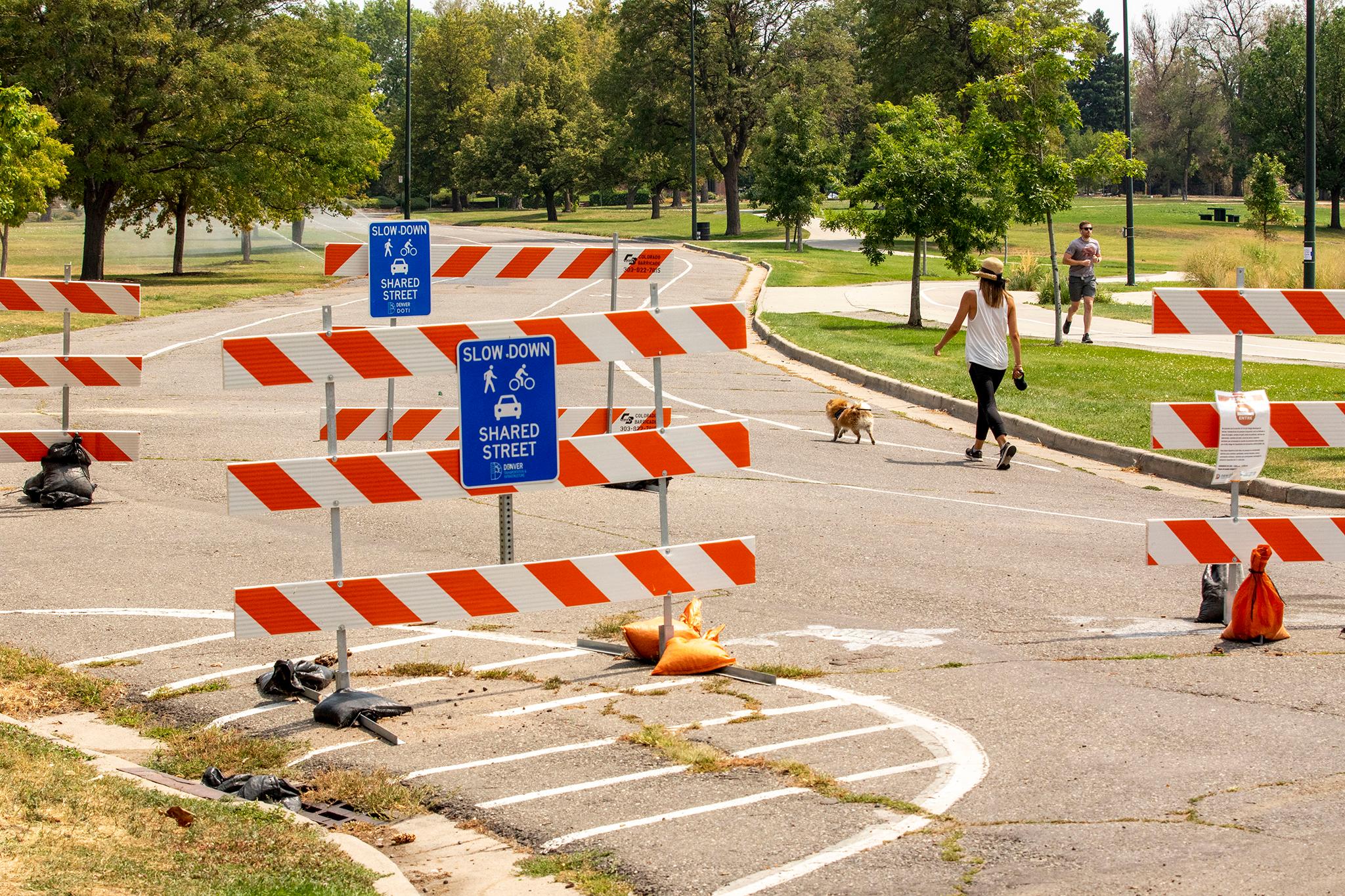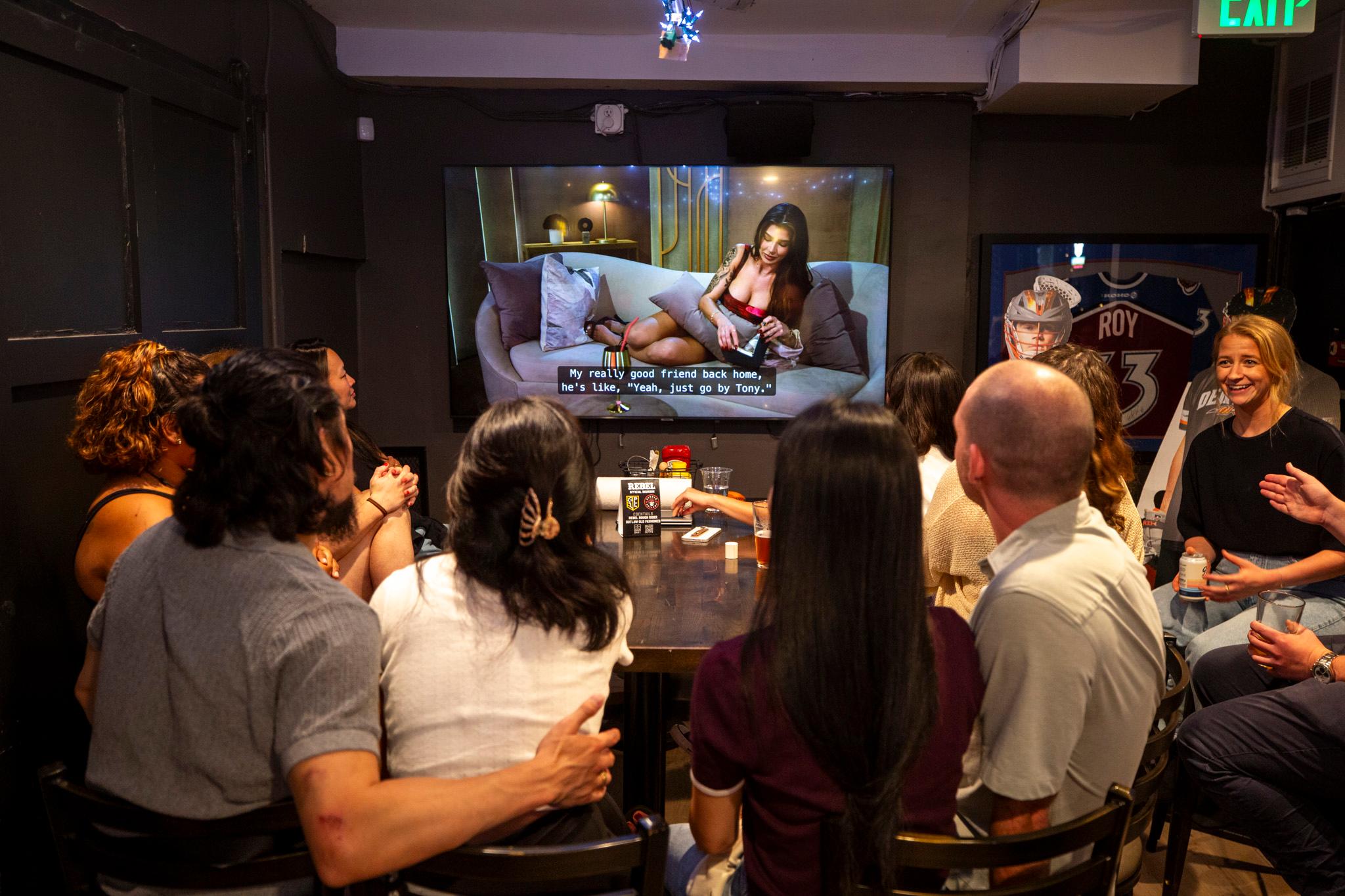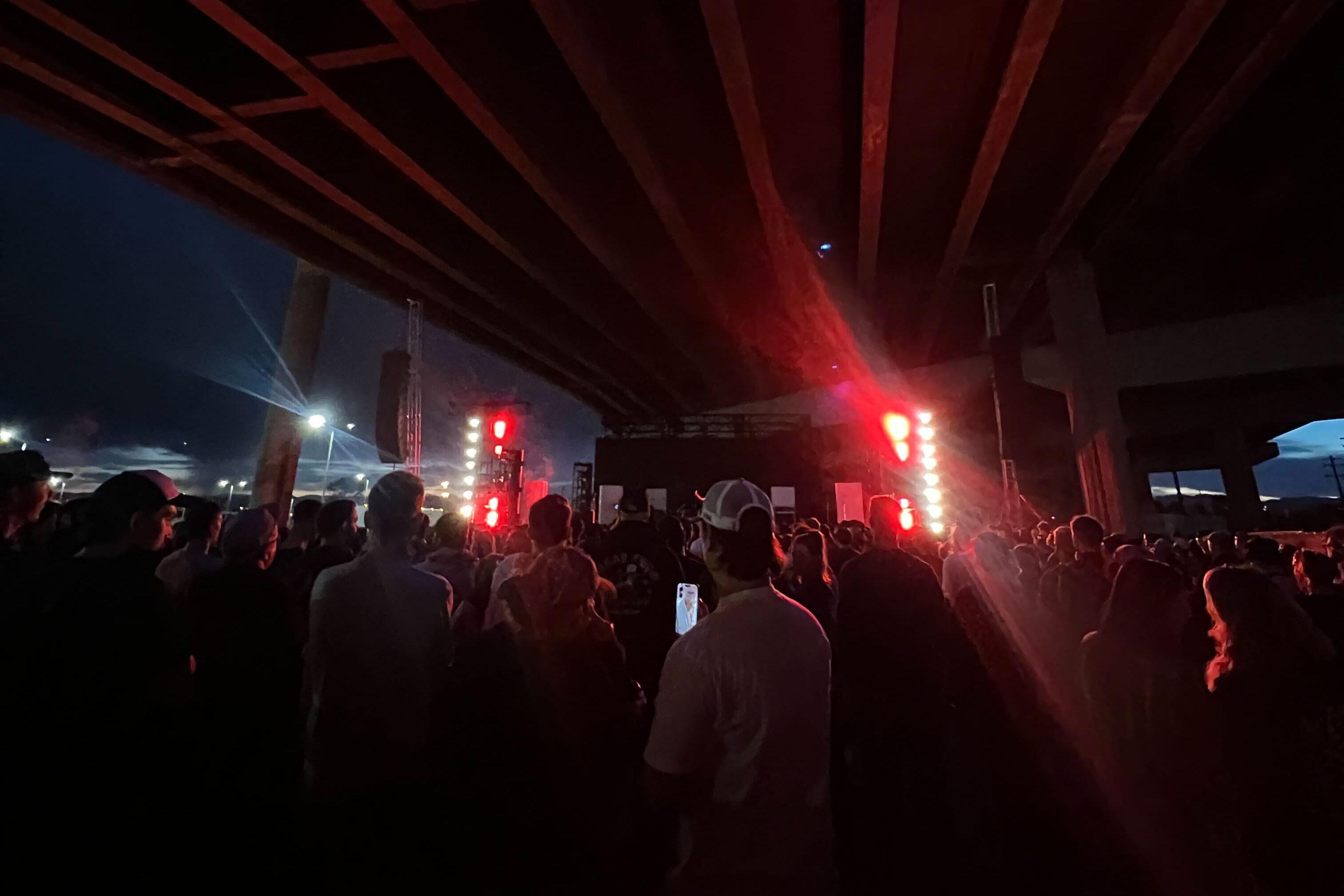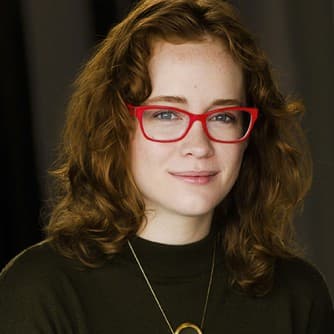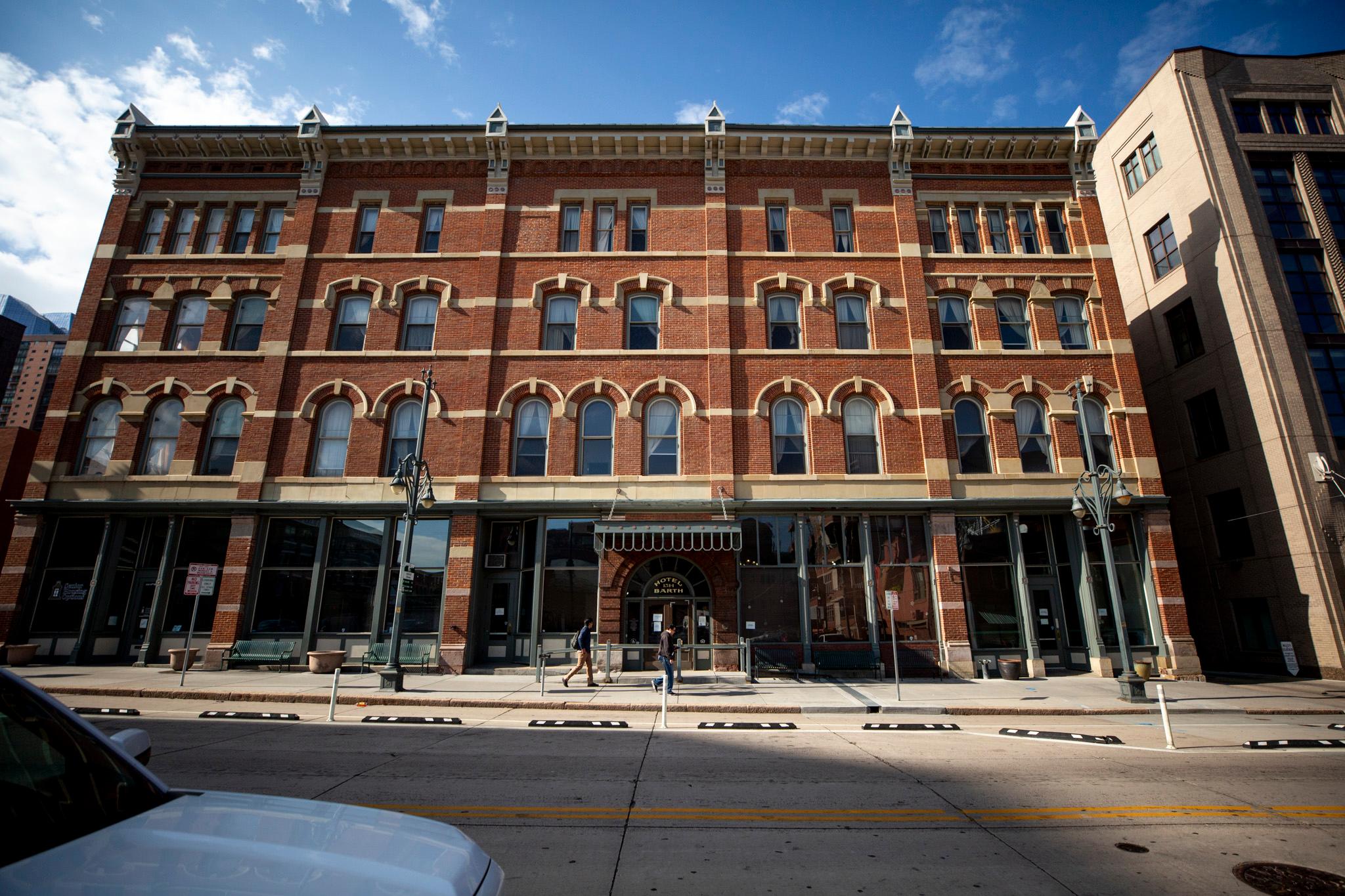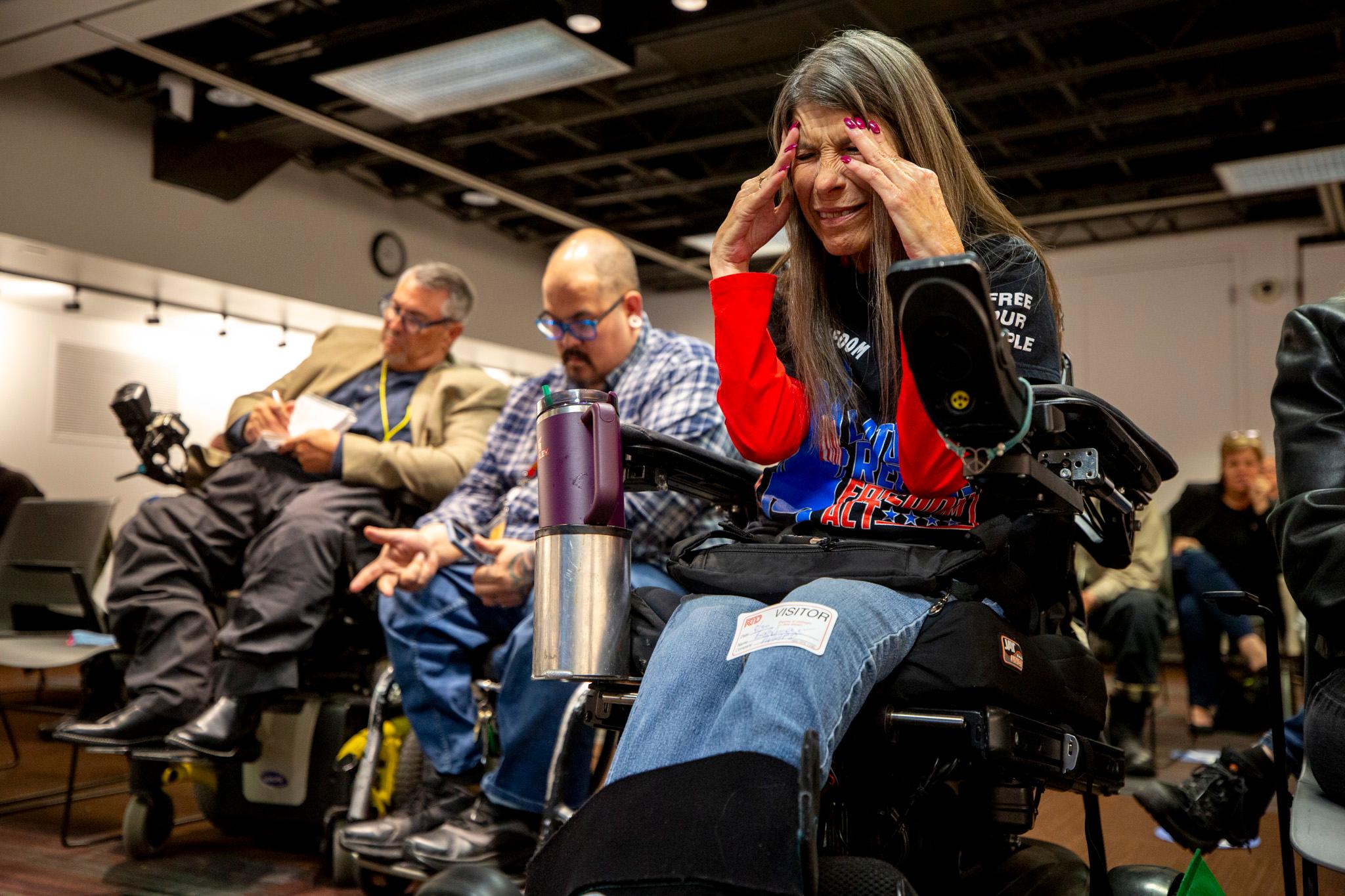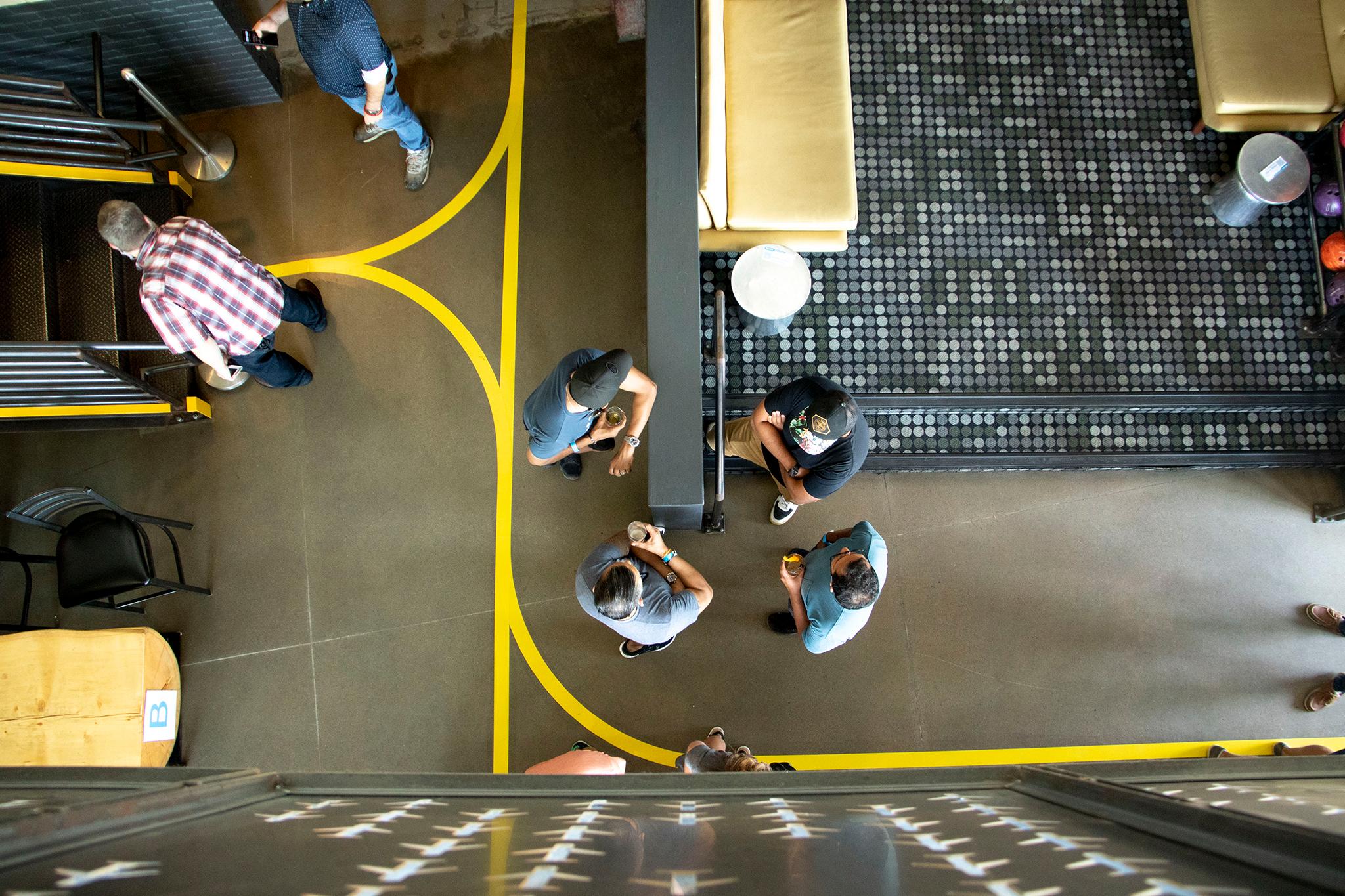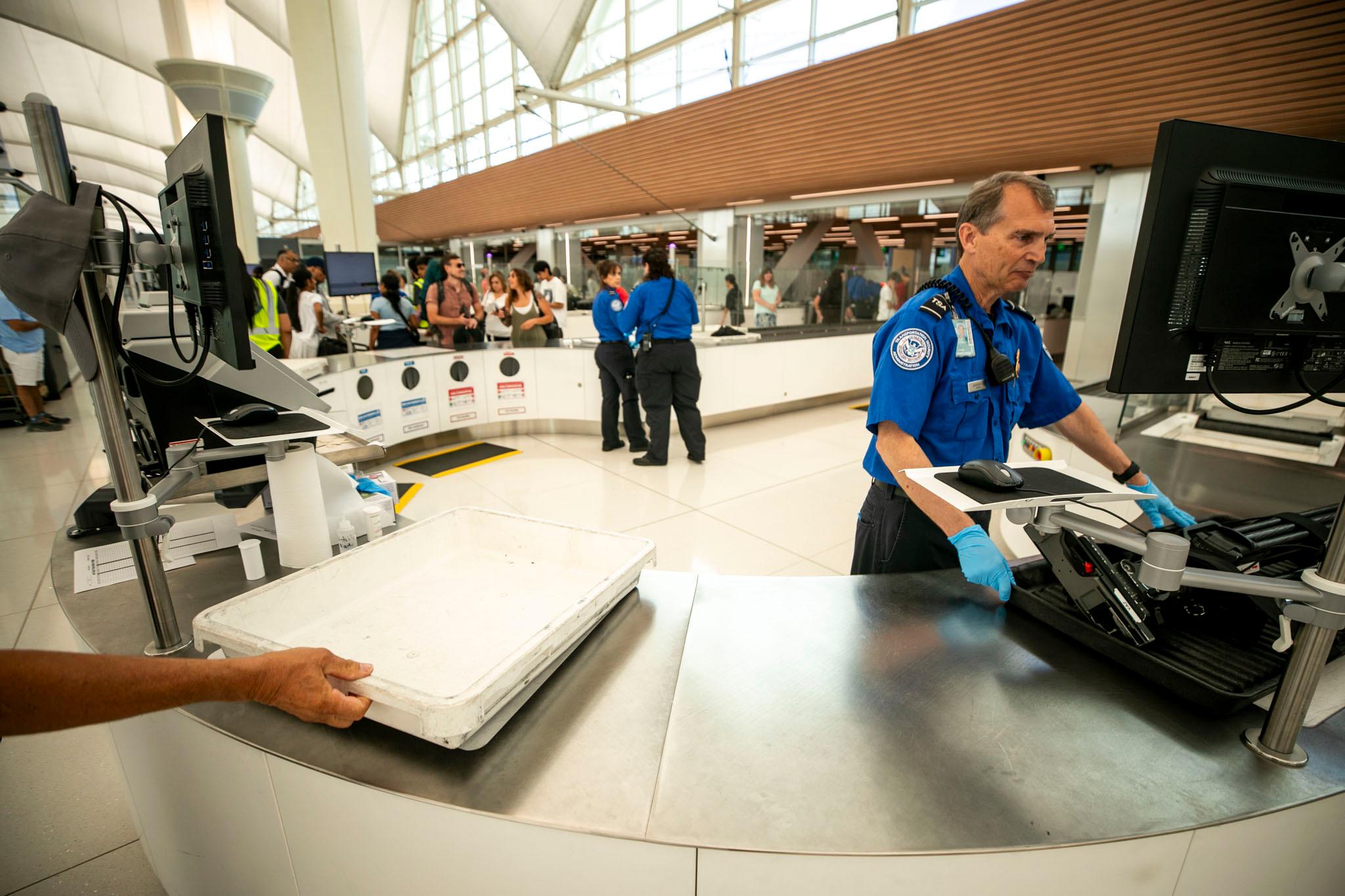We've seen a lot of things we haven't seen before since COVID-19 hit, including people chilling in camping chairs in the middle of 16th Avenue during what used to be rush-hour.
More commonly, though, people are simply walking and rolling down the city's "shared" streets with fewer threats from drivers of cars and trucks, who are supposed to steer clear of the corridors unless those streets are their final destination. The Department of Transportation and Infrastructure opened select streets to people and (mostly) closed them to cars this spring so Denverites could spread out at a time when close quarters might mean catching the bug. DOTI closed city parks to vehicles as well.
Advocates for sustainable transportation have been counting the number of people frequenting the streets in hopes of making the case for permanent changes. Now, a group of residents known as the Denver Bicycle Lobby is pushing DOTI to make permanent changes -- and its ask is backed up by over 1,100 local petitioners, according to a PDF provided by Denverite.
"Shared streets were a bit of an experiment and an emergency response to allow for social distancing, but really the benefit is way beyond that," said David Mintzer, a parent who lives along 11th Avenue. He uses the street to ride his bike to work at Denver Health and said his kids can ride comfortably in the street for the first time ever.
Mintzer and hundreds of others who support the shared streets and car-free parks say the repurposed public spaces create a sense of community where a thoroughfare for drivers once dominated.
Officials have closed eight street segments to most cars and opened them to people:
Prioritizing walking, biking and transit over driving single-occupancy vehicles is one of the Hancock administration's stated strategies for fighting climate change and building a healthier city.
While DOTI has not committed to making shared streets and car-free parks permanent, department spokeswoman Nancy Kuhn said the changes will stick around through the fall at which point DOTI will "assess the program again" and "determine next steps."
"DOTI appreciates the community support it's receiving around its temporary shared streets initiative that's giving people extra space to walk and bike amid social distancing guidelines," Kuhn said via email. "We're glad to see that people are using these streets to get outdoors and exercise and enhance their mental and physical health during this time of COVID-19."
Keeping shared streets alive after COVID-19 dies is the only logical thing for his district, said City Councilman Chris Hinds, who was elected to represent east-central Denver on a platform that included reorganizing the city's car-first streets.
"I would actually like it, if we did make them more permanent, if we could add additional treatments on the streets to further discourage cars from using them as through-streets," he said. Hinds, who uses a wheelchair, said planters are one barricade option to make streets less hostile to people walking, biking and rolling.
Feedback sent to his office has been overwhelmingly positive for shared streets, though car-free parks have received more mixed reviews, he said.
For Mintzer, it would be a shame to lose what has been a silver lining in a difficult time.
"It would definitely be a sad day if they take the barricades down and revert back to the status quo," he said.

